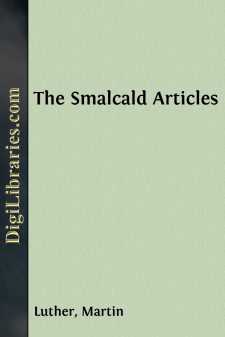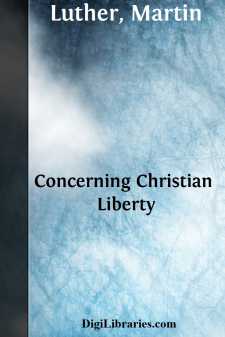Categories
- Antiques & Collectibles 13
- Architecture 36
- Art 48
- Bibles 22
- Biography & Autobiography 815
- Body, Mind & Spirit 144
- Business & Economics 28
- Children's Books 18
- Children's Fiction 14
- Computers 4
- Cooking 94
- Crafts & Hobbies 4
- Drama 346
- Education 58
- Family & Relationships 59
- Fiction 11835
- Games 19
- Gardening 17
- Health & Fitness 34
- History 1378
- House & Home 1
- Humor 147
- Juvenile Fiction 1873
- Juvenile Nonfiction 202
- Language Arts & Disciplines 89
- Law 16
- Literary Collections 686
- Literary Criticism 179
- Mathematics 13
- Medical 41
- Music 40
- Nature 180
- Non-Classifiable 1768
- Performing Arts 7
- Periodicals 1453
- Philosophy 65
- Photography 2
- Poetry 896
- Political Science 203
- Psychology 44
- Reference 154
- Religion 515
- Science 126
- Self-Help 85
- Social Science 83
- Sports & Recreation 34
- Study Aids 3
- Technology & Engineering 59
- Transportation 23
- Travel 463
- True Crime 29
Our website is made possible by displaying online advertisements to our visitors.
Please consider supporting us by disabling your ad blocker.
A Treatise on Good Works
by: Martin Luther
Description:
Excerpt
INTRODUCTION
1. The Occasion of the Work.—Luther did not impose himself as reformer upon the Church. In the course of a conscientious performance of the duties of his office, to which he had been regularly and divinely called, and without any urging on his part, he attained to this position by inward necessity. In 1515 he received his appointment as the standing substitute for the sickly city pastor, Simon Heinse, from the city council of Wittenberg. Before this time he was obliged to preach only occasionally in the convent, apart from his activity as teacher in the University and convent. Through this appointment he was in duty bound, by divine and human right, to lead and direct the congregation at Wittenberg on the true way to life, and it would have been a denial of the knowledge of salvation which God had led him to acquire, by way of ardent inner struggles, if he had led the congregation on any other way than the one God had revealed to him in His Word. He could not deny before the congregation which had been intrusted to his care, what up to this time he had taught with ever increasing clearness in his lectures at the University—for in the lectures on the Psalms, which he began to deliver in 1513, he declares his conviction that faith alone justifies, as can be seen from the complete manuscript, published since 1885, and with still greater clearness from his Commentary on the Epistle to the Romans (1515-1516), which is accessible since 1908; nor what he had urged as spiritual adviser of his convent brethren when in deep distress—compare the charming letter to Georg Spenlein, dated April 8, 1516.
Luther's first literary works to appear in print were also occasioned by the work of his calling and of his office in the Wittenberg congregation. He had no other object in view than to edify his congregation and to lead it to Christ when, in 1517, he published his first independent work, the Explanation of the Seven Penitential Psalms. On Oct 31 of the same year he published his 95 Theses against Indulgences. These were indeed intended as controversial theses for theologians, but at the same time it is well known that Luther was moved by his duty toward his congregation to declare his position in this matter and to put in issue the whole question as to the right and wrong of indulgences by means of his theses. His sermon Of Indulgences and Grace, occasioned by Tetzel's attack and delivered in the latter part of March, 1518, as well as his sermon Of Penitence, delivered about the same time, were also intended for his congregation. Before his congregation (Sept., 1516-Feb., 1517) he delivered the Sermons on the Ten Commandments, which were published in 1518 and the Sermons on the Lord's Prayer, which were also published in 1518 by Agricola. Though Luther in the same year published a series of controversial writings, which were occasioned by attacks from outside sources, viz., the Resolutiones disputationis de Virtute indulgentiarum, the Asterisci adversus obeliscos Joh....






